We all have junk, crap, wounds from the past that trigger us every once in awhile. For me, one of these triggers come out of my experiences as a Christian woman leader, and more specifically, reconciling my faith with my femininity.
I know a lot of you have different worldviews, but in Christianity there can be a lot of stigmas, and expectations on being a woman. Sometimes it feels as though my faith and passion for justice are at odds. 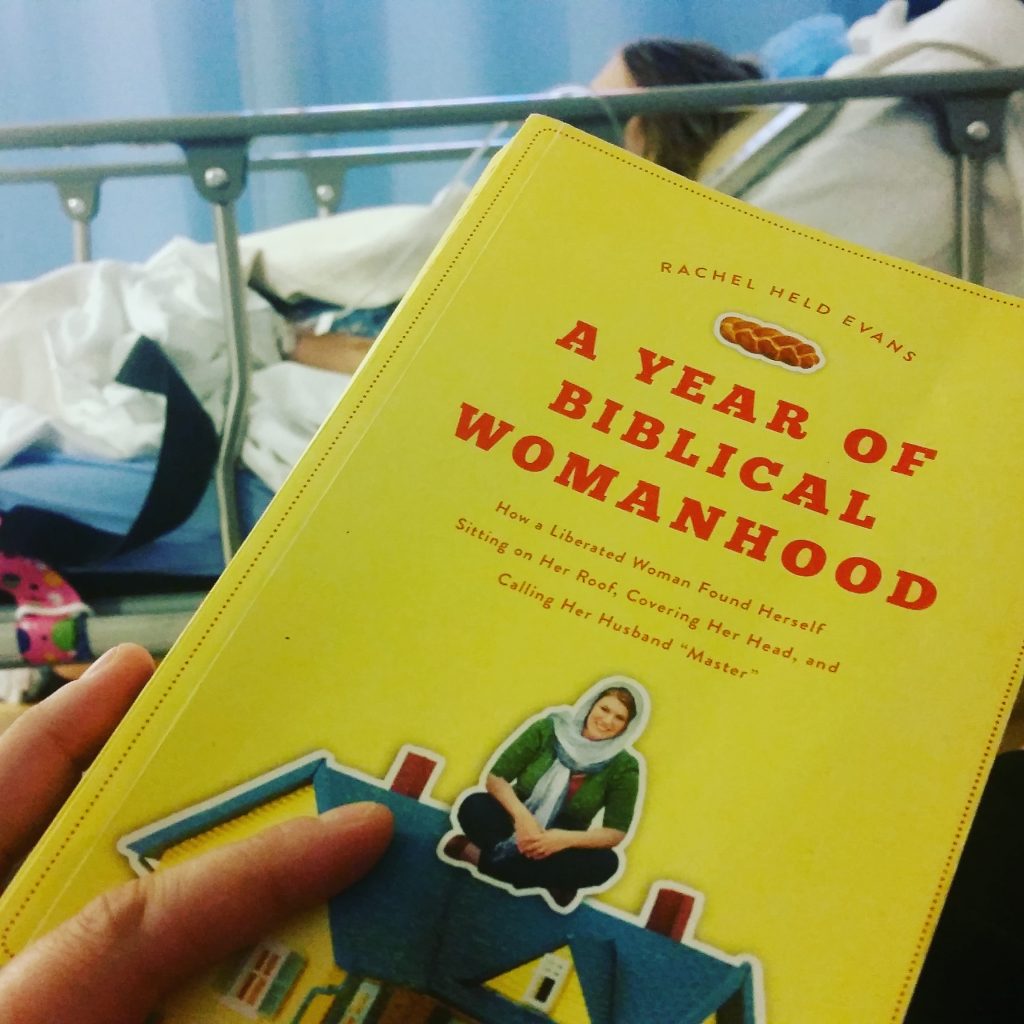
What the Heck is Biblical Womanhood?
I finally found time to tackle A Year of Biblical Womanhood while sitting with my sleeping kid after his tonsils were removed this week. Truth be told, I wanted my husband to be the one at the surgery, but here I was, being motherly like a Biblical woman (although I feel like I could argue that not being here would have been better for my more sensitive, emotional, woman’s heart).
Author, Rachel Held Evans, is from the same little town in Eastern Tennessee I visit every every couple years as good daughter-in-law and road-trip junkie should (here’s even more commentary from Rhea Country from this last summer: What You Can Learn by Visiting The Trail of Tears). I’ve met a lot of people in Dayton and let’s just say that if Rachel Evans addressed the complex issue of Christianity and womanhood in this little part of the Bible-belt, she must either be roaring to pick-a-fight or she is one of the most courageous souls who has ever lived.
Although Evan’s stories make me laugh, reading this entertaining yet sobering book has required bravery. It is hard to consider all the opposing and often judgmental views that we foster, keeping us from unifying in what we agree on and then hindering us from making the difference we were born to make.
I know many of you aren’t Christians, but for those of us who are, we can get stuck in history and worldviews that might be one person’s version of Biblical, but not another’s. Some of these might be spot-on, others might be severely limiting and oppressive. In fact, just having the conversations themselves are most difficult, as no one wants to “convert” away from their complementarian or egalitarian views.
It is usually an untouchable subject.
Help Me Name This as I Work Through My Junk
At the end of this summer I felt it was about time I diligently worked through my own junk, essentially everything and anything that triggers me when it comes to women’s roles, women in leadership, and what my belief system says about being a Christian woman. Because I am an obliger, and never learn anything well unless I teach it, I knew I needed to have these conversations in a small group setting.
That is why a little while later I found myself at a table of mostly conservative moms I recruited from my homeschooling circle to tackle this topic head-on to challenge my biases. Thankfully, these women of valor also value good teaching, critical thinking, are smart and love me. And best (or worst) of all, they ask all the hard questions. Or at least, I’m sure they are going to . . . as of now I still internally panic when we disagree and difficult questions crop-up, but I am trying to be, you know, “open minded” and all that crap (objectivity isn’t all that it’s cracked up to be).
And so every week of this last month I’ve found myself pouring over the ancient languages of the Bible, commentaries, blogs and reading books like A Year of Biblical Womanhood to help me write a study guide that can be used time and time again for others like me who want to take the less-travelled road of worldview confrontation. (And now you ask, “Will you share it here?” and I respond “Heck ya!“)
This guide is geared towards those who are interested in Jesus to help us look objectively beyond the worldview we’ve soaked-up through the osmosis of Christian culture. Its purpose is to foster those hard conversations to answer the question, “What does it mean to be a woman in the Kingdom of God?” (You see, not only do I need help not letting my biases overtake me, but I desperately need help naming this resource. Put your ideas in the comments below please!)
What Do Women’s Issues Have to Do With You?
Many of my fellow ordinary Americans don’t actually believe that as a gender, women are oppressed. The “it’s not that bad” commentary blares more aggressively than the potent stories and statistics of trafficking, rape and sexual assault, domestic abuse, missing girls, child marriages, female circumcision, the lack of rights to own land, vote, get a job we are qualified for, and receive an education (and of course, simply just being considered objects by men and religion).
If you haven’t reconciled that women’s issues are real, this needs to go on your to-do-list pronto.
Women’s issues are a big deal here at Average Advocate. As evidence, I linked to just a few of the posts I’ve written on the subject at the bottom of the article. But one thing we Average Advocate hoodlums are most known for fighting against is human trafficking with our annual LBD.Project, bringing freedom to women through our 31 day challenge (yes, sex trafficking oppresses men as well, but in the U.S. the majority of those trafficked are female).
The truth is that, that to be able to seek justice and change the world, “women’s issues” might be something you want to work through too. I am not alone in needing to confront my junk on this topic.
How Worldview and Women’s Issues Collide
The thing is, not only are women’s issues real, but so are our worldviews.
For me, dealing with my junk means looking honestly at the Bible, with no blinders on, picking through problematic passages and seeming inconsistencies in my faith. I am required to peel apart truth from culture–both Christian, conservative, and secular–and decide what, or more accurately who, I believe in. Only then can I reconcile this to my reality and response.
I’ve done it before on other topics, and I will do it again for new ones in the future. But that doesn’t change the fact that reconciling my faith to my femininity is a hard confrontation.
For others, worldview and women’s issues might collide in a different way, but as we’ve all learned to respond to social problems in one way or another, the collision is definitely happening, even if you’re unaware.
Three Ways to Respond to Women’s Issues
Not only is it worth thinking about how our worldview frames women’s issues, but it is essential to gauge how we already might be responding without realizing it. Here are the most common ways I see people approach women’s issues:
1.) With Fire
Some approach women’s issues flinging their fists fighting, blaming, and setting fires for their rights. Although I’ve seen fires lit well, I have also seen perceived controlled flames begin to internally devour the one lighting them with bitterness and rage, often leaving broken relationships in their wake and society not exactly any better.
2.) With Silence
Others approach women’s issues through submission and silence. Although this is a great way to respond in some scenarios, few of us actually believe that a death through submission to domestic violence is God’s will, nor does silence ever bring justice when the perpetrators can continue to keep their brand of evil rolling.
3.) With Eyes-closed Tight
But more often than not, women’s issues are approached with indifference, ignorance, and denial. Too often it takes something hitting too close to home to get us to care, and by then it is too late for those who’ve already been wounded and suffered. I get though, I find myself in this denial/ignorance camp often too.
Is It Time to Work Through Your Junk?
How we work through our junk on women’s issues matters. We can grow bitter and we can hurt others, or we can be hurt and devalue ourselves. Then the temptation always arises to clamp all the noise down until we regret not being part of the solution earlier.
Or we can forgive while seeking justice. We can light fires that don’t destroy indiscriminately. We can learn when to be silent and when to speak while finding wholeness and our identity. We can pay attention to the oppression of women and help bring them freedom.
You Only Have Two Choices
We only have two choices: We can either work through what hinders us from being the people we were meant to be and make the difference we were born to make, or we can let whatever hinders us have a hold over us.
Unsurprisingly, these choices also apply to how we respond to women’s issues.
Luckily, freedom from what had hold over us is always worth the odyssey to be free. Personally, this requires me to work through my triggers in regards to what it means to be a woman leader and reconciling who I am within my Christian sub-culture, and most importantly, my relationship with God.
Confronting my junk has been hard. But something good is happening.
Maybe to be empowered as a world changer, you need to heal some wounds and/or confront your junk on women’s issues too. So let’s begin using women’s global social issues as a venue to pursue goodness and life, first freeing ourselves, and then standing on behalf of the women in the world who need us to be their voice.
So what’s your next step? Share with me in the comments below!
Resources:
Get Rachel Held Evan’s controversial book here: A Year of Biblical Womanhood: How a Liberated Woman Found Herself Sitting on Her Roof, Covering Her Head, and Calling Her Husband ‘Master’
Other great books on this subject are:
More Than Enchanting: Breaking Through Barriers to Influence Your World by Jo Saxton
Why Not Women? by Loren Cunningham and David Joel Hamilton
Jesus Feminist: An Invitation to Revisit the Bible’s View of Women by Sarah Bessey
The Swan Effect: A Response to Gender Hierarchy in the Church by Felicity Dale
Check out other related posts:
Risk Aversion: The Role of Women in Christianity
Why Should We Care About Women?
The New Feminism (and Why Women Are Worth Fighting For)
The World Where Women Live: Dangerous Countries to be Female
How to Change a Woman’s Life for International Women’s Day
Studies on the Role of Women From Both Perspectives:
What Should Be the Role of Women in the Church (takes about an hour to study with in great depth)
“Kingdom Women” nine week small group curriculum – By Elisa Johnston
- If you are interested in using this study it, you will also be agreeing to give necessary feedback to help revise it and edit it before publishing. Contact Elisa for rights to use it here.

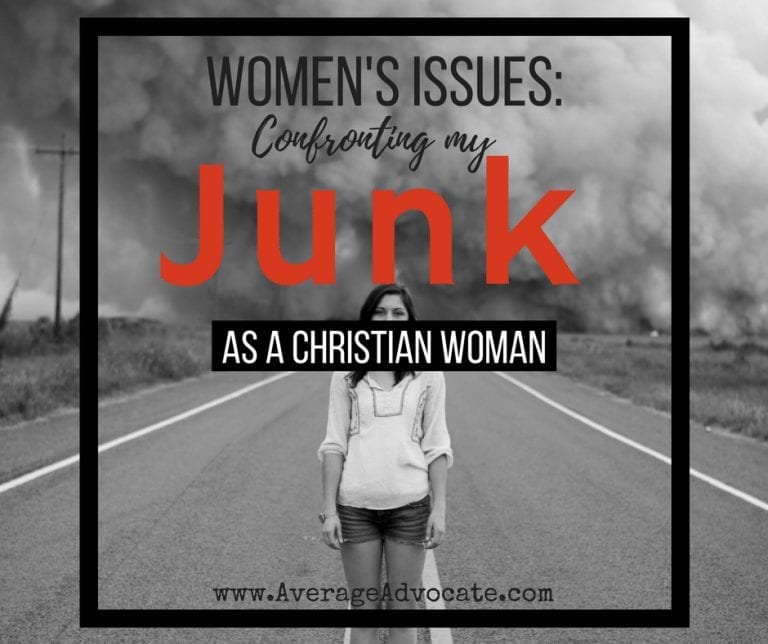
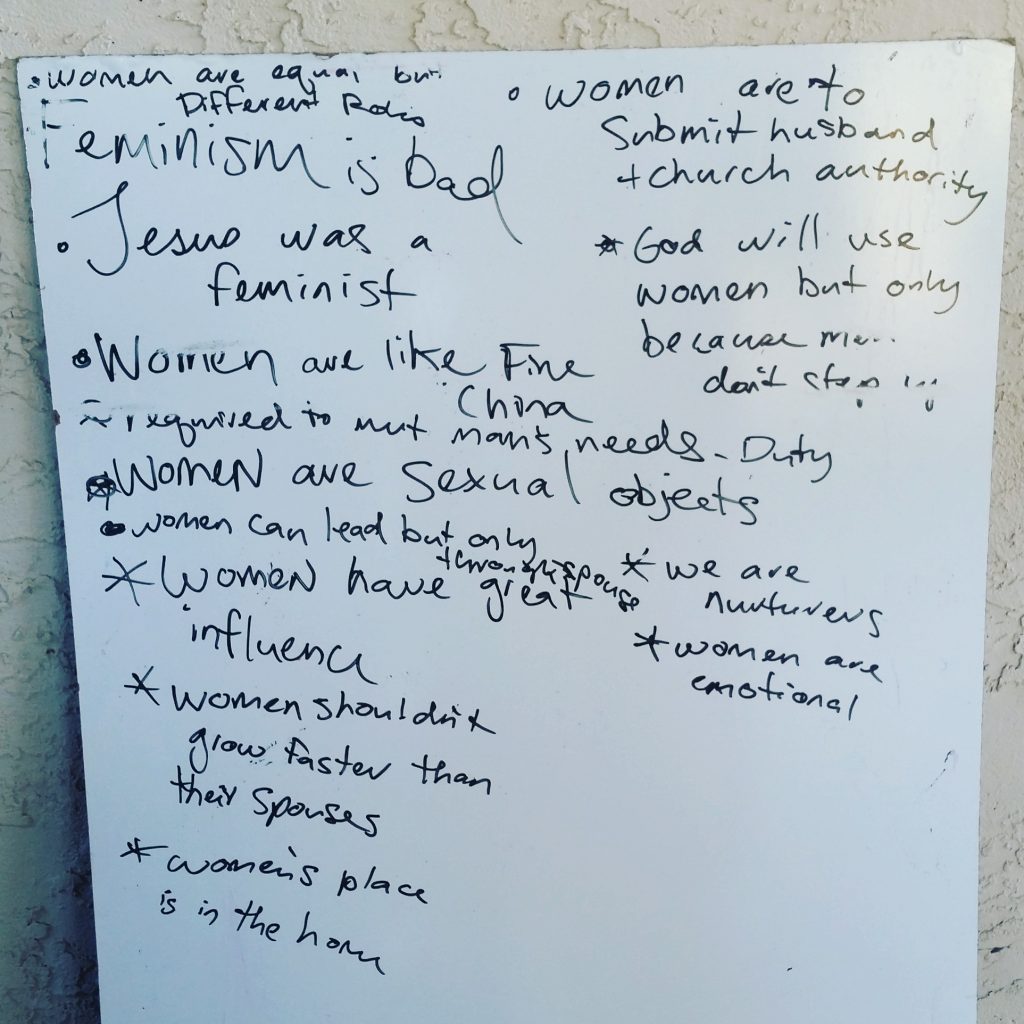
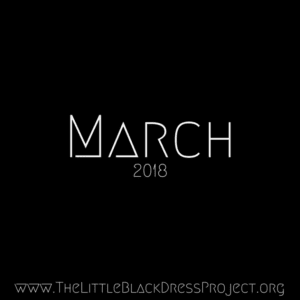
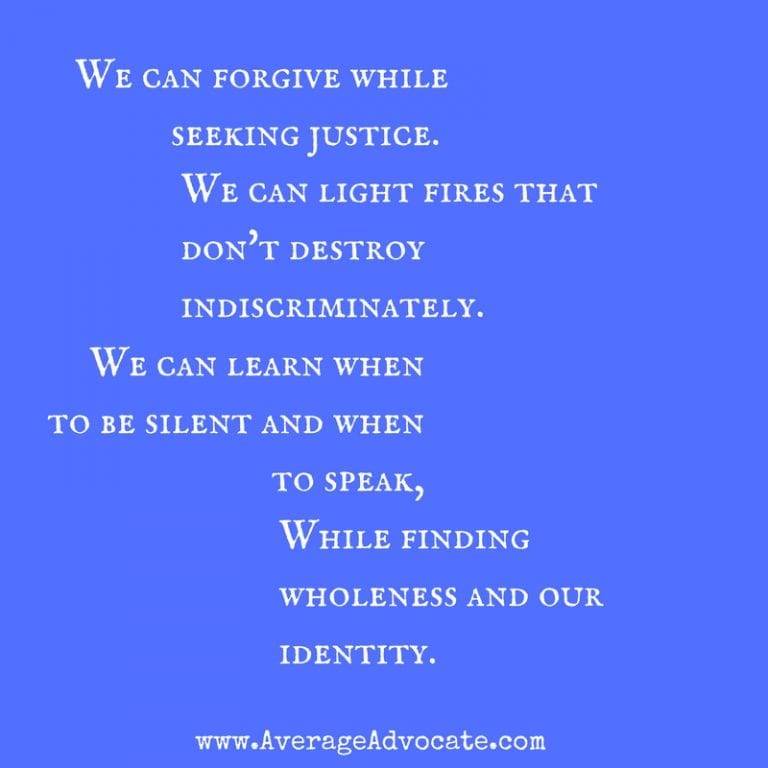
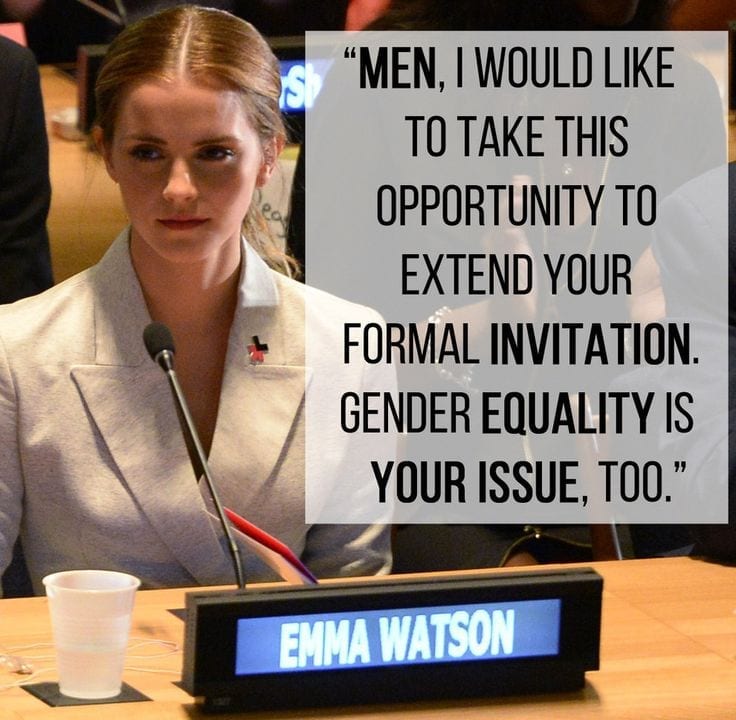

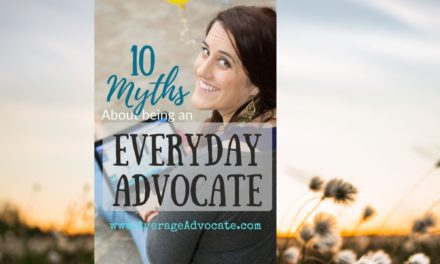
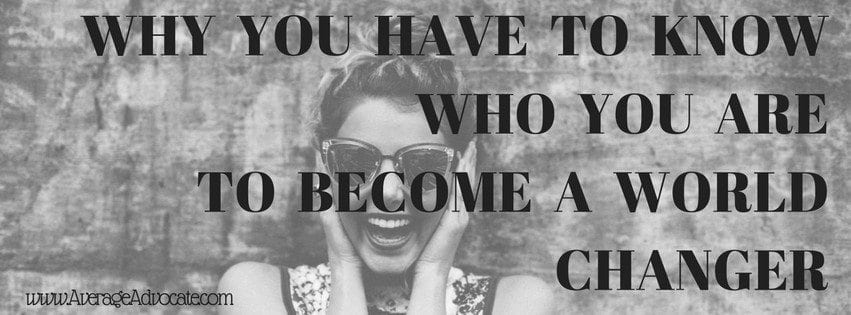



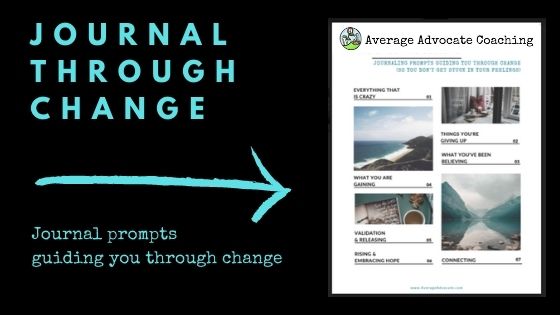
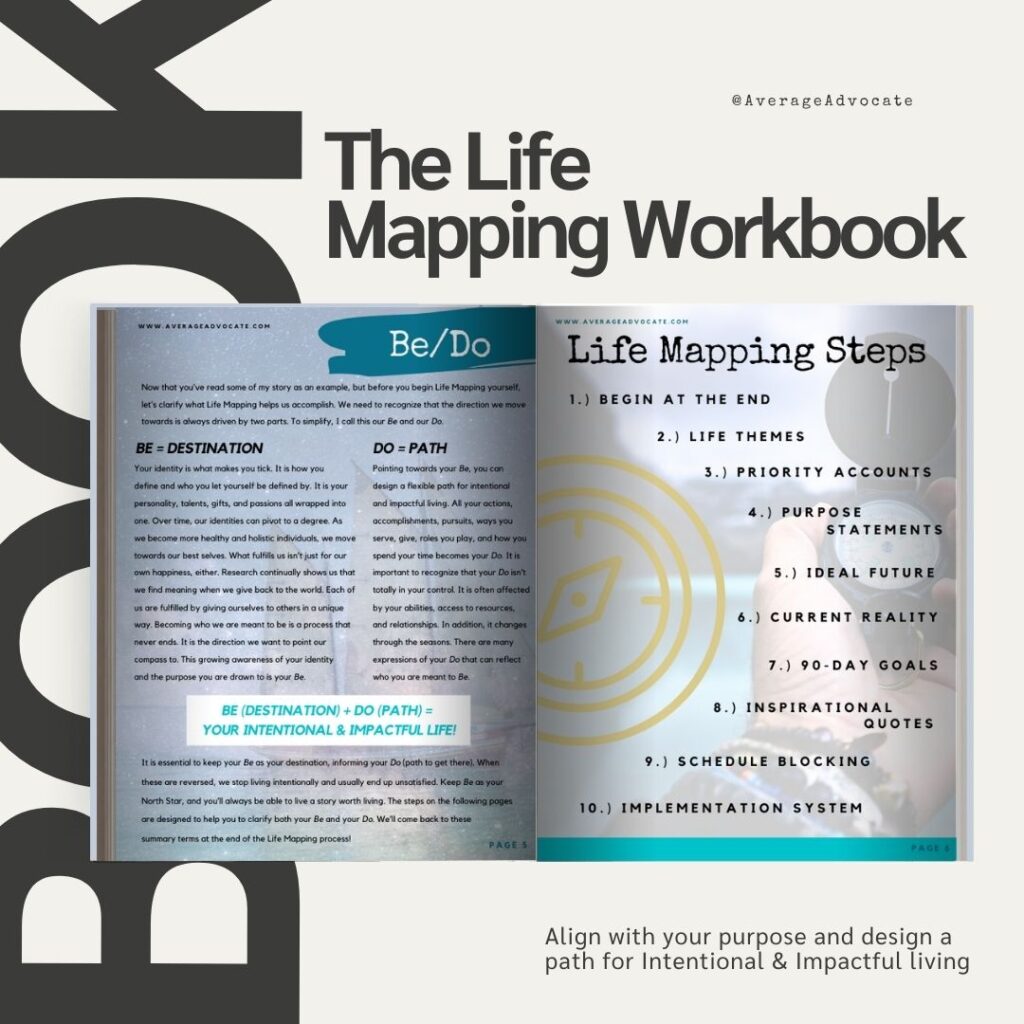


Trackbacks/Pingbacks